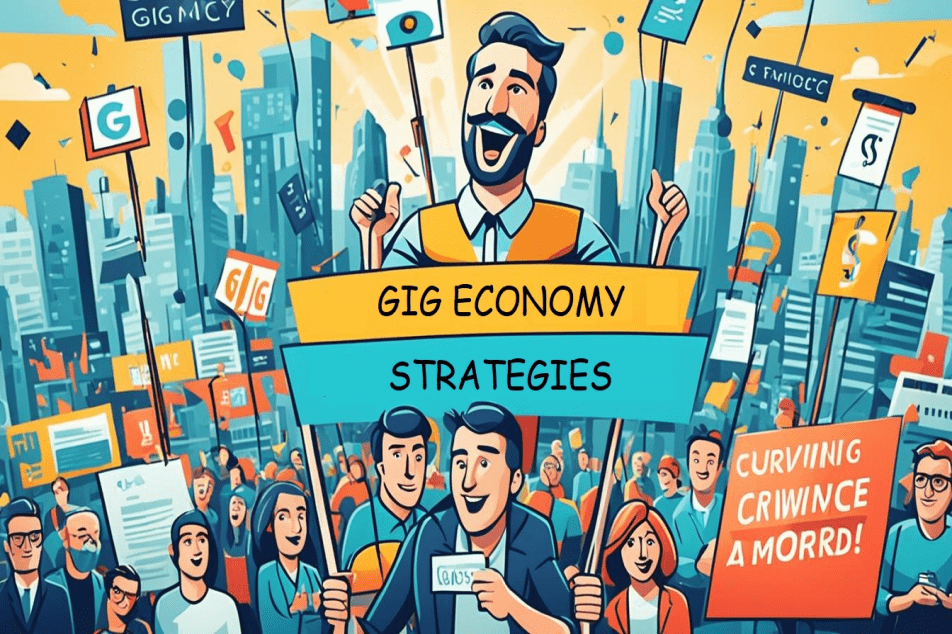moviescout.org – The gig economy has become a defining feature of the modern workforce, offering flexible work opportunities that appeal to a wide range of individuals. Among the most enthusiastic participants in this new career landscape is Generation Z, the cohort born between the mid-1990s and early 2010s. As they enter the workforce, Gen Z is embracing the gig economy with open arms, driven by a desire for autonomy, diverse experiences, and work-life balance. This article explores how Gen Z is navigating the gig economy and shaping it as a viable career path.
The Appeal of Flexibility and Independence
For Gen Z, the traditional 9-to-5 work model often feels restrictive. Having grown up in a digitally connected world, they value flexibility and independence in their careers. The gig economy offers just that, allowing them to choose when, where, and how they work. This flexibility enables Gen Z to pursue multiple interests, manage their own schedules, and maintain a better work-life balance, which is highly valued by this generation.
Leveraging Technology for Success
Digital natives by nature, Gen Z is adept at using technology to find and manage gig opportunities. Platforms like Upwork, Fiverr, and TaskRabbit have become essential tools for connecting them with freelance work across various fields, from graphic design and writing to software development and marketing. Social media and personal websites further empower Gen Z to market their skills and build personal brands, expanding their reach and potential client base.
Pursuing Passion Projects
The gig economy also provides Gen Z with the opportunity to pursue passion projects alongside their main gigs. Many use freelance work as a means to fund or gain experience in areas they are passionate about, such as creative arts, social causes, or entrepreneurship. This ability to explore and develop diverse skills and interests is a significant draw for a generation that values personal fulfillment as much as professional success.
Challenges in the Gig Economy
While the gig economy offers numerous advantages, it is not without challenges. Gen Z gig workers often face job instability, lack of benefits, and income unpredictability. Additionally, they may encounter difficulties in building professional networks and gaining recognition in their fields without the structure of traditional employment. Navigating these challenges requires resilience, strategic planning, and a willingness to continuously adapt and learn.
The Future of Work and the Gig Economy
As Gen Z continues to engage with the gig economy, they are also influencing its evolution. Their preference for remote work, collaborative tools, and digital solutions is shaping how companies and platforms operate. In response, some organizations are adopting more flexible work arrangements and creating hybrid models that blend gig work with traditional employment benefits. This shift could lead to a more inclusive and adaptable workforce structure that benefits both workers and employers.
Conclusion
The gig economy represents a new frontier in career paths, and Gen Z is at the forefront of this transformation. By embracing flexibility, leveraging technology, and pursuing their passions, Gen Z is redefining what it means to have a successful career. As they navigate the challenges and opportunities of the gig economy, they are not only shaping their own futures but also influencing the broader landscape of work for generations to come.
